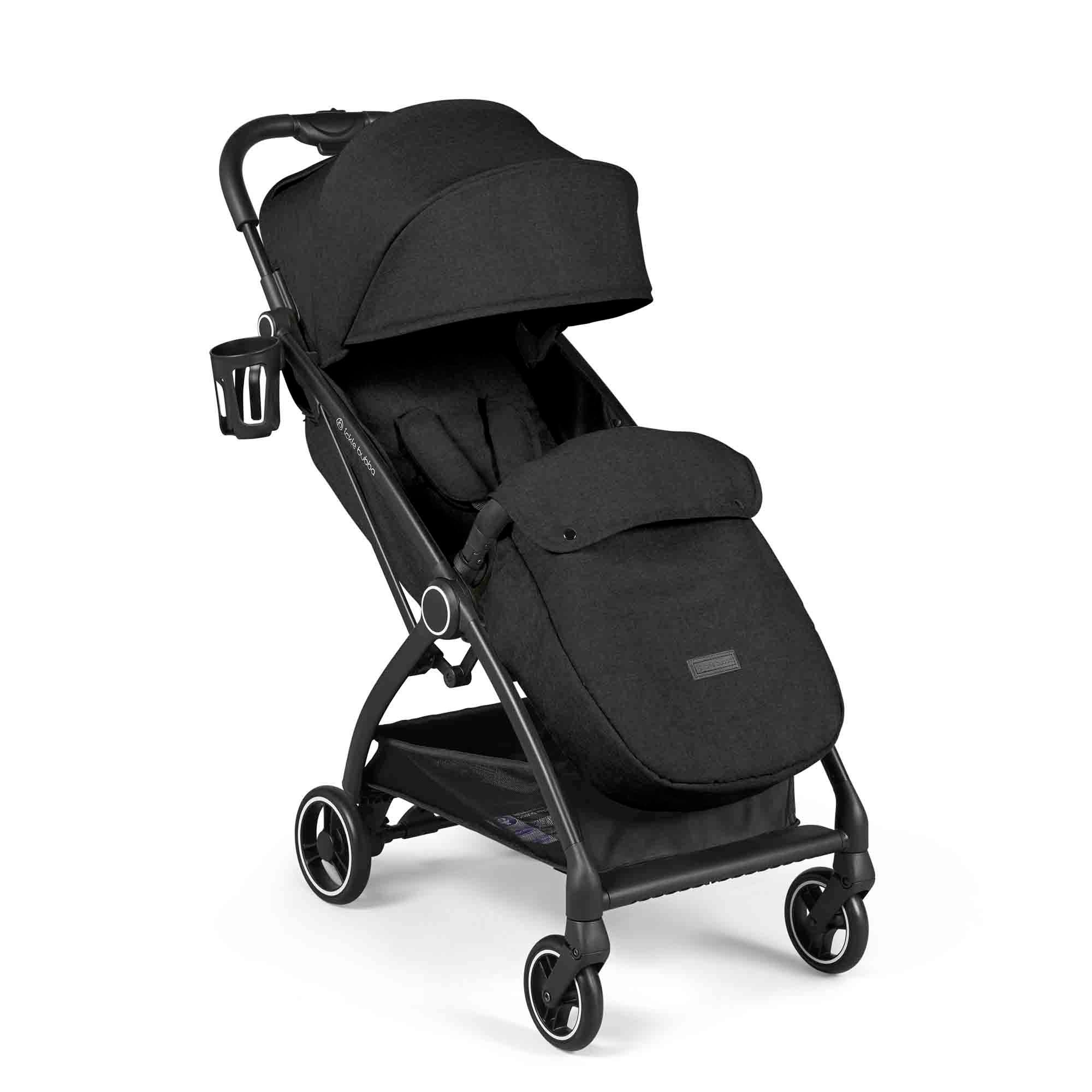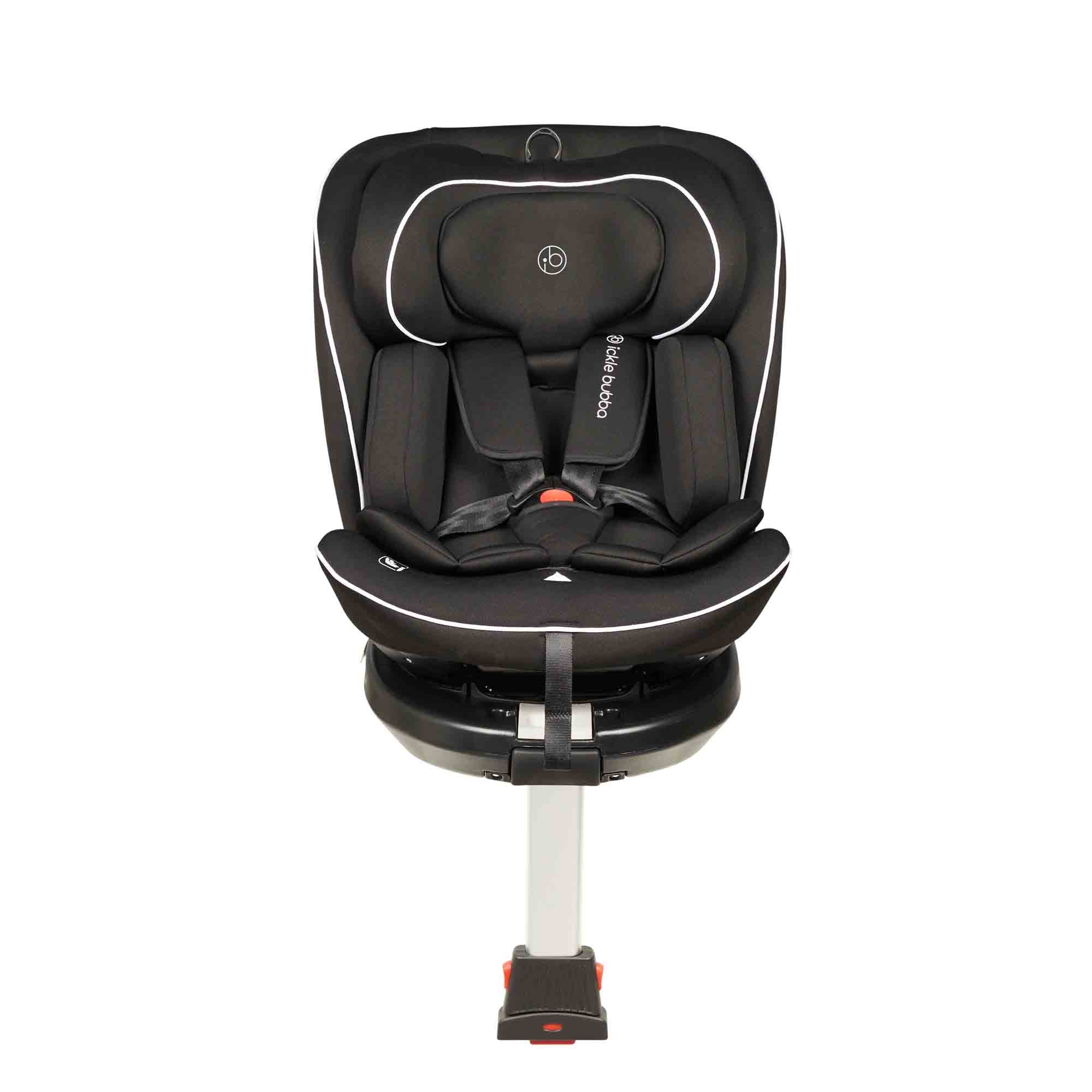Coping with Morning Sickness

Morning sickness. It’s not fun but it can be a big part of pregnancy. That said, it’s nothing you can’t handle and the more you know about it, the easier it will be to deal with it when it rears its little head. So, we’ve pulled together some of the most asked questions about morning sickness, along with some top tips to manage it.
Morning sickness | Understanding the basics
Before we look at some of the best ways to handle morning sickness, it can help to understand it a bit more. With so many changes going on in your body, the more you understand, the less daunting it can all feel.
What causes morning sickness?
Morning sickness is a big part of pregnancy. Nausea is a common symptom of pregnancy and as the Mayo Clinic suggests, it could be caused by a hormone which is produced in the placenta called human chorionic gonadotropin (HCG).
What does morning sickness feel like?
If you’re experiencing morning sickness it can be a persistent feeling of needing to be sick – that churning upset motion in your stomach. Some people just have the sensation of nausea that won’t go away, whereas others will actually experience vomiting. It varies from day to day and from one pregnancy to another.
Who is prone to morning sickness?
Every pregnant person is prone to morning sickness, though some experience it more than others. How much you experience it and how much it affects your day will depend on individual cases, but it is likely that at least for part of your pregnancy, you will experience nausea due to the changing hormones in your body.
Will it be worse with twins or multiples?
If you’re expecting twins, triplets, or any number of multiple babies, then there is a good chance that your experience of morning sickness will be stronger, as your placenta will be producing more of the HCG hormone.
Can morning sickness happen at night?
Morning sickness can happen any time of the day or night. The name ‘morning sickness’ is an unofficial term as it isn’t specific to morning times. Often pregnant people experience it first thing in a morning, but it is equally common to have bouts of it throughout the day, evening or through the night.
Does morning sickness go away?
Most people experience morning sickness in the early part of their pregnancy and, as the NHS explains, it usually eases off between 16 and 20 weeks of pregnancy. This isn’t the case for everyone, as some experience it throughout the 40 weeks of pregnancy – for example, if you’re expecting multiples or if you contract a urinary infection.
If you’re unsure about morning sickness and feel like something isn’t right, the important thing to do is consult your GP or midwife.
Can morning sickness last all day?
Yes, it can. Not everyone will experience it all day, for some it will ease throughout the day or they may feel it more at night, but for many it will come and go.
Will it happen every day?
No necessarily, many pregnant people can go a day or two without experiencing any pregnancy symptoms. If that’s the case – lucky you! Enjoy the break.
Is morning sickness a sign of having a girl or boy?
This is a big one! Does morning sickness mean you’re having a boy or girl? Well, unfortunately the answer is no one knows. This is a myth and there has been no research to support that it is for one gender or the other. Sorry!
Morning sickness | Remedies and solutions
So, now we understand what’s going inside you, let’s look at some ways to help ease the feeling of nausea or sickness.
Is there a cure for morning sickness?
There isn’t a one-size-fits-all cure for morning sickness, unfortunately. But there are measures you can take and things you can try to help ease the feeling throughout your pregnancy.
What are good remedies for morning sickness?
Some of the best ways to ease morning sickness are to adjust your routines and diet. They won’t necessarily stop you from feeling nauseous, but they should take the edge off.
Top morning sickness remedies include:
Avoid foods that make you feel queasy when you think about them
Stick to plain or simple tasting food
Drink plenty of water or fluids
Eat and drink in small doses but regularly – sip drinks and have small meals
Fresh air and some gentle exercise, like walking
Get plenty of rest
What foods can help to reduce morning sickness?
A change in your diet can really help to reduce the feeling of sickness, by eating little portions regularly and sipping plenty of fluids throughout the day.
Foods that can be good include:
Pasta
Bread / toast
Plain crackers
Rice
Dry cereal (like Special K also include folic acid which is good to have during pregnancy)
Ginger (try it with hot water)
Can I take vitamins to help?
If you would like to use vitamins as a means of helping to relieve your morning sickness, it is best to consult your midwife or GP as it could depend on additional factors around your pregnancy.
Are morning sickness tablets safe?
There are morning sickness medications available, but it is always best to consult your GP before taking anything. Most GPs recommend certain antihistamines in cases where people are experiencing extreme sickness or prolonged nausea, but if your morning sickness is quite mild it may be best to avoid taking anything.
Summary
Right, that’s morning sickness covered. Hopefully now you feel like you know your churning little sidekick a bit better and feel like you have some top tips to handle it. Remember, the nauseous feeling is likely to come and go, and the majority of people do feel an easing of symptoms, but at the end of the day, when your little one arrives, it will all be worth it.









